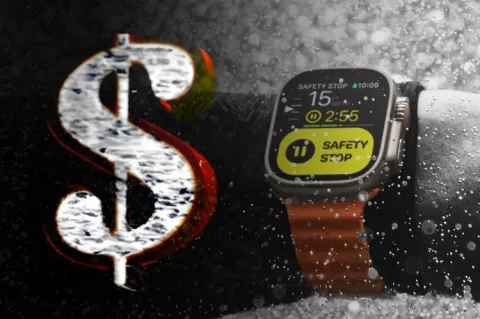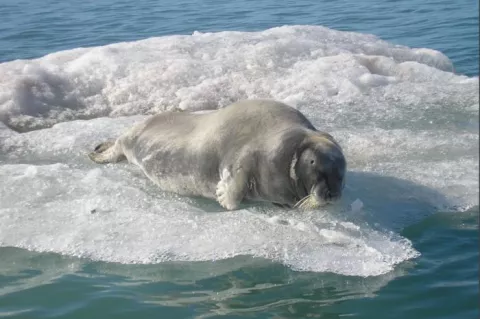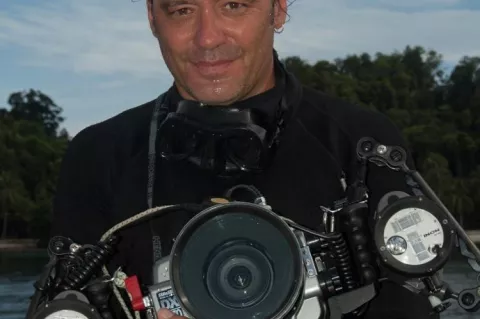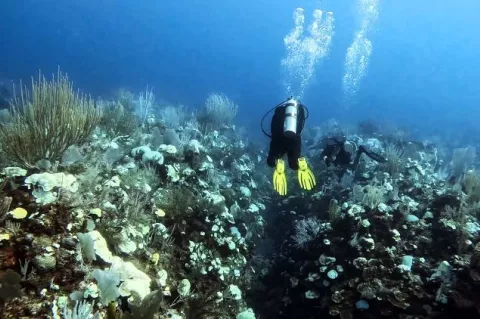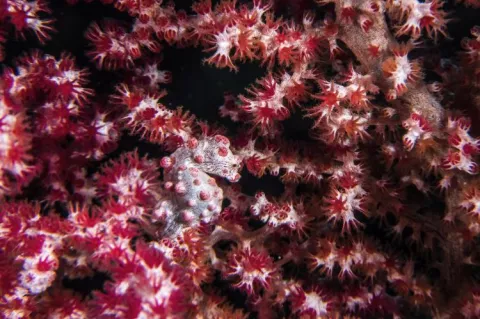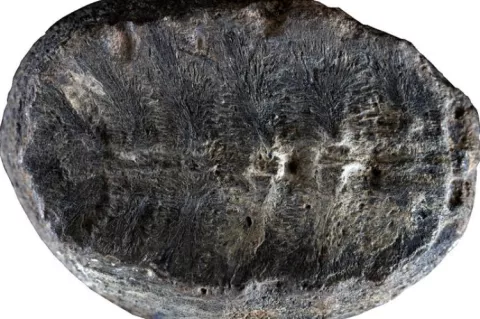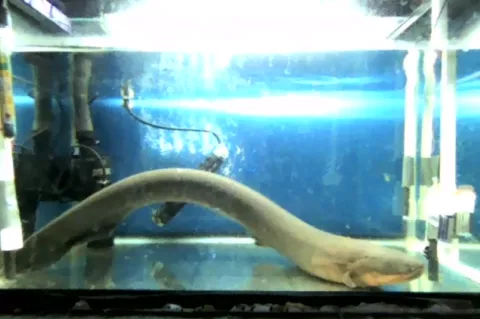Apple to halt sale of dive computer Apple Watch in the US
In a move impacting tech enthusiasts and divers alike, Apple has announced the cessation of sales for its Apple Watch Series 9 and the dive computer-equipped Ultra 2 models in the United States. This decision, effective from December 21st, 2023, arises from a patent dispute with medical device maker Masimo.

